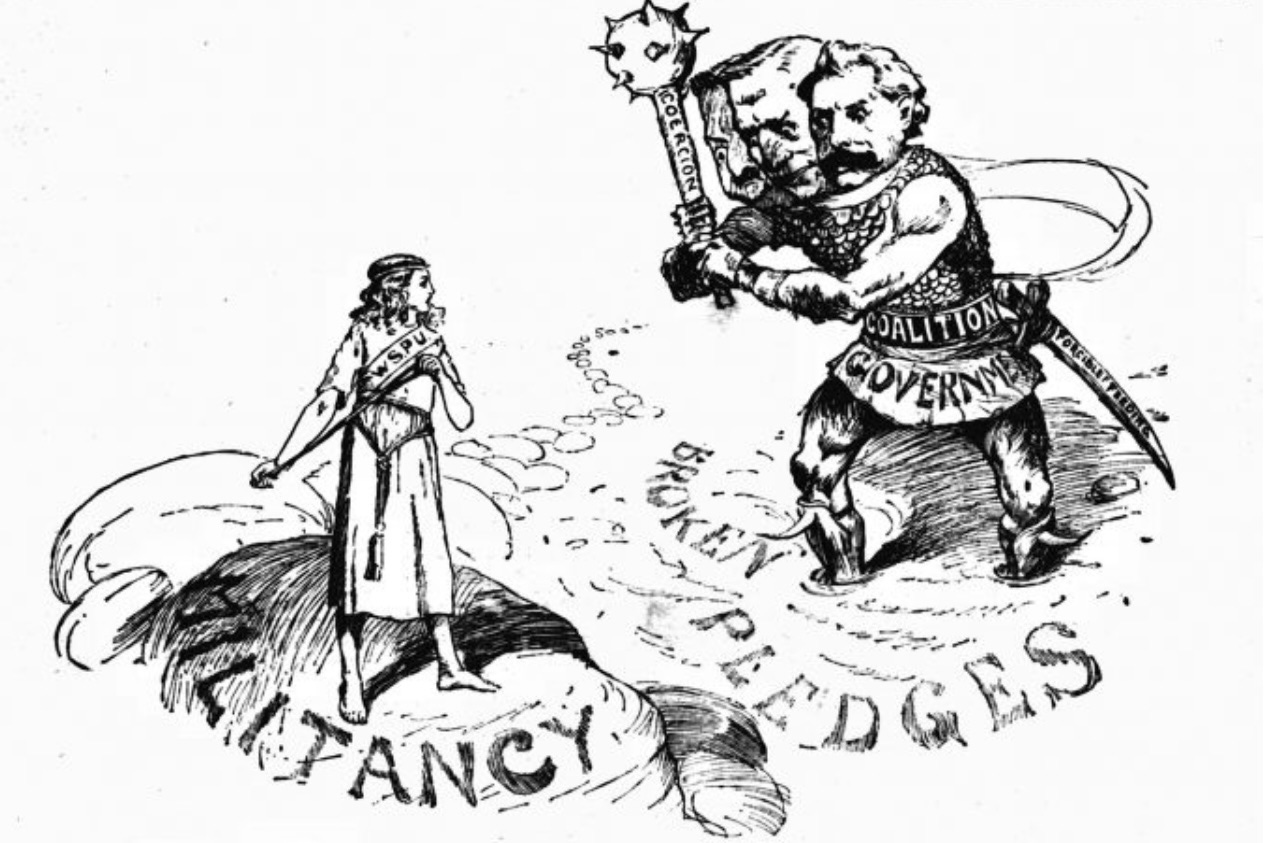Speaking Out, Standing Up
Courage seems crazy—and, indeed, not too convenient.
On Facebook the other day, a friend—and fellow abolitionist—named Andrea Heinz shared a Twitter thread from The Radical Notion on women speaking up regarding material reality and women’s rights. Discussing the issue briefly, Heinz and I agreed that, under the weight of abuse, which includes blacklisting, women seek to mitigate that potential harm. Courage has never been easy to have, especially in the face of an almost divinely ordained, very well-funded Moloch of the modern era.
There has been much “blaming and shaming” directed at women, such as Macy Gray, for being fearful and “recanting.” But it must be considered whether or not this kind of behavior toward others actually can win the general population to the cause. For my part, I cannot relate to the vitriol directed at women over them seeking any kind of self-preservation. Sneering at women and implying, if not incessantly declaring, their inferiority and expected defer…




